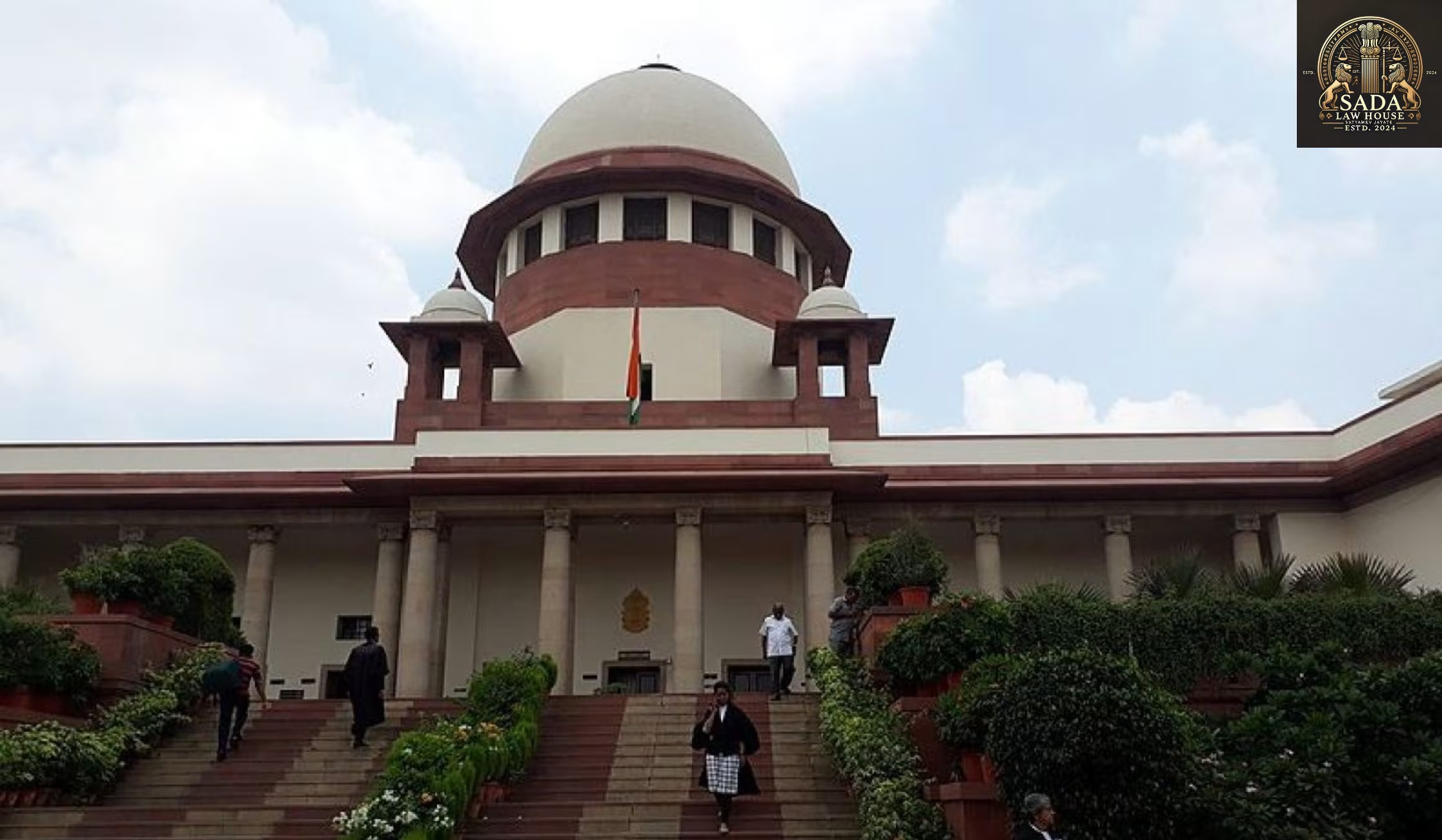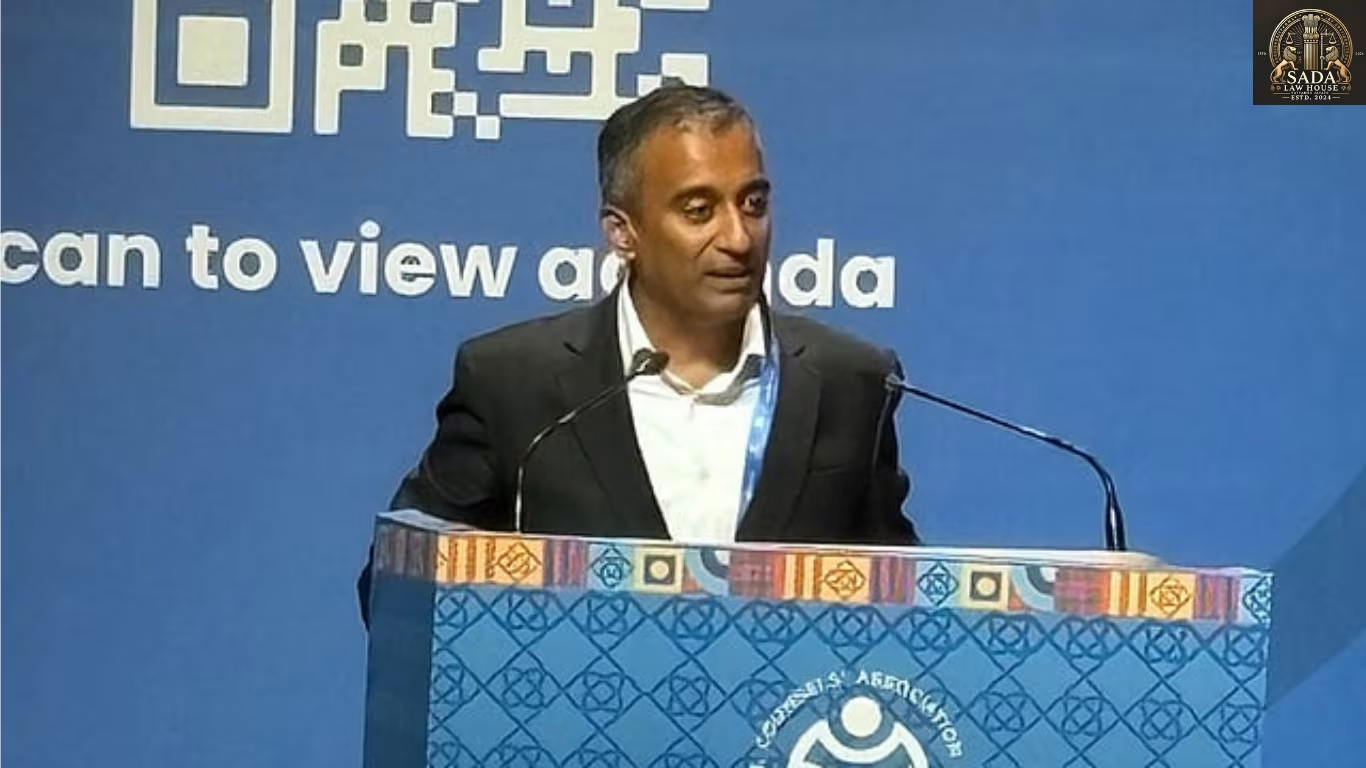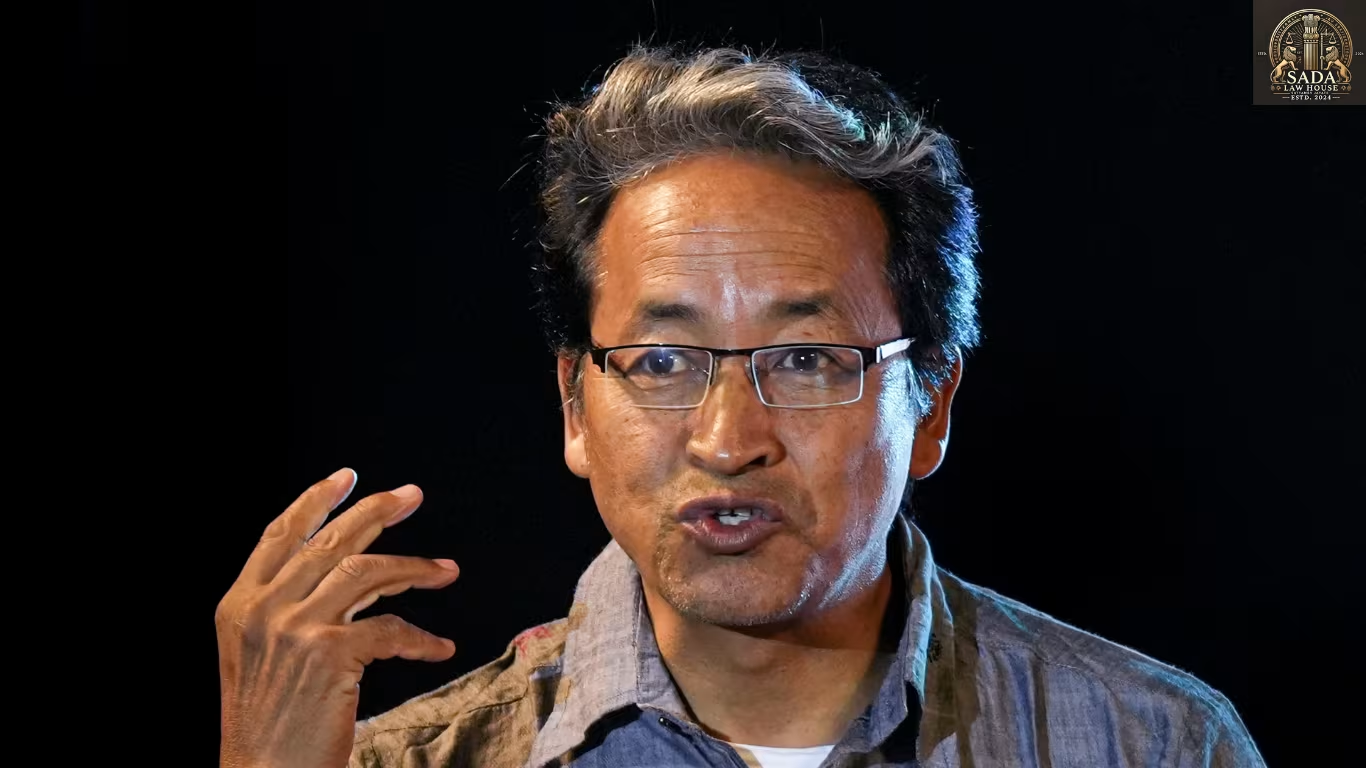Supreme Court: Absconding Alone Doesn’t Prove Guilt but Is Relevant Under Evidence Act Section 8
- PRABHAT KUMAR BILTORIA
- 17 June 2025

Absconding after a crime doesn’t prove guilt on its own, but as per the Supreme Court of India, it is a relevant fact under Section 8 of the Indian Evidence Act. Learn how behavioral evidence and last-seen theories influence murder convictions in Indian criminal law.
Understanding the Role of Absconding in Criminal Cases
The Supreme Court of India has reaffirmed that simply fleeing from the scene of a crime does not, by itself, establish guilt. However, such behavior is considered a relevant fact under Section 8 of the Indian Evidence Act, especially when the accused fails to offer a reasonable explanation for their absence.
Judicial Interpretation by Justices Surya Kant and N. Kotiswar Singh
In a recent case, the bench of Justices Surya Kant and N. Kotiswar Singh upheld a murder conviction, noting that the accused was last seen with the deceased before going missing. His failure to account for his sudden disappearance added weight to the prosecution’s argument, especially when supported by forensic evidence and the recovery of the murder weapon.
Absconding vs. Instinctive Fear: A Legal Distinction
While the instinct for self-preservation might drive even innocent individuals to flee under suspicion, the court emphasized that absconding can reflect a guilty mind when examined alongside other circumstances. As clarified under the Indian Evidence Act of 1872, absconding is a piece of conduct evidence that must be evaluated in context.
Citing Legal Precedents: Matru v. State of Uttar Pradesh
The Court referenced the case of Matru @ Girish Chandra vs. State of Uttar Pradesh (1971), where it was stated that such conduct “strengthens the needle of suspicion.” This precedent reinforces that while absconding alone does not prove guilt, it is a vital piece of the evidentiary puzzle.
Case Details: Timeline and Behavioral Evidence
In this case, the appellant was last seen with the deceased on 10 July 2006 and absconded from 11 July to 22 July 2006. During this period, he misled companions and gave false information to the deceased’s family. This deceptive behavior, when coupled with the discovery of the firearm and scientific proof connecting it to the murder, painted a compelling narrative of guilt.
Why Absconding Matters When Supported by Other Evidence
The Supreme Court concluded that the appellant’s failure to explain his escape, along with corroborating evidence—such as last-seen theory, motive, and weapon recovery—solidified the prosecution’s case. The appeal was dismissed, and the murder conviction was upheld.






